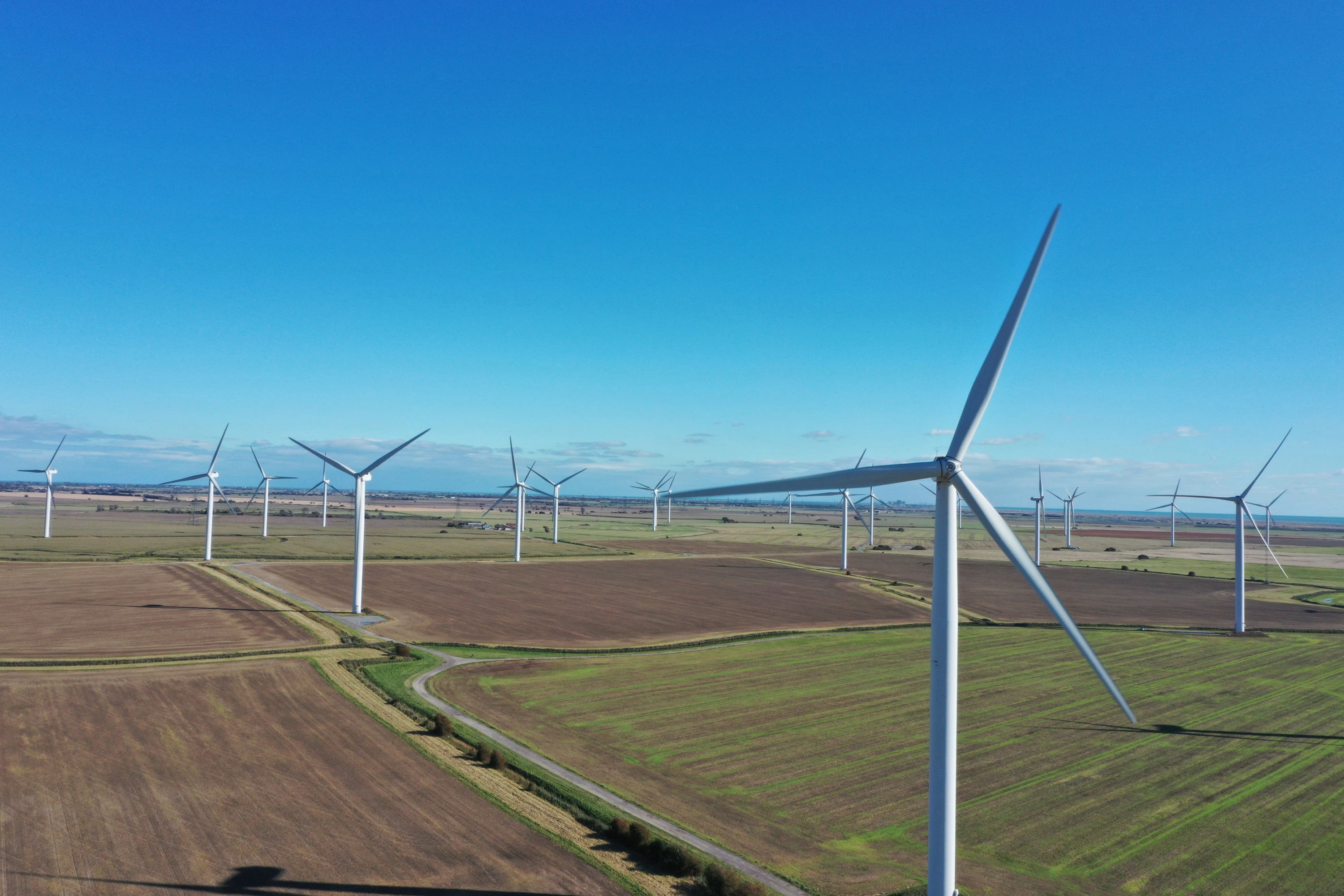Taxpayer facing unnecessary costs to decarbonise because of energy crisis delays
The Government missed an October deadline because it was busy planning how to help consumers with their rising energy bills.

Your support helps us to tell the story
From reproductive rights to climate change to Big Tech, The Independent is on the ground when the story is developing. Whether it's investigating the financials of Elon Musk's pro-Trump PAC or producing our latest documentary, 'The A Word', which shines a light on the American women fighting for reproductive rights, we know how important it is to parse out the facts from the messaging.
At such a critical moment in US history, we need reporters on the ground. Your donation allows us to keep sending journalists to speak to both sides of the story.
The Independent is trusted by Americans across the entire political spectrum. And unlike many other quality news outlets, we choose not to lock Americans out of our reporting and analysis with paywalls. We believe quality journalism should be available to everyone, paid for by those who can afford it.
Your support makes all the difference.The Government is adding to the risk that taxpayers and consumers will face unnecessary costs in the race to decarbonise the UK’s power network by delaying a key planning document, the National Audit Office (NAO) has said.
A report said that the Government missed its October deadline to set out a first draft of a delivery plan to reach its target of decarbonising the power sector by 2035.
The delay was caused because the Government had to re-route resources to try to figure out how to help people with their energy bills.
The NAO said that it was not clear when the Department for Energy Security and Net Zero (DESNZ) would have a delivery plan in place, something that might make the efforts more costly and damage private sector confidence.
The longer DESNZ goes without a critical path bringing together different aspects of power decarbonisation, the higher the risk that it does not achieve its ambitions, or it does so at greater than necessary cost to taxpayers and consumers
“Although power sector emissions have reduced significantly over the past three decades, DESNZ cannot be complacent about the challenges involved in decarbonising further while continuing to ensure a secure supply that meets the predicted electricity demand increases,” the report said.
“This will require substantial investment in new capacity, alongside system-wide modernisation, and needs a joined-up approach to ensure changes happen in sequence and with coherence.
“The longer DESNZ goes without a critical path bringing together different aspects of power decarbonisation, the higher the risk that it does not achieve its ambitions, or it does so at greater than necessary cost to taxpayers and consumers.”
The auditors also warned the department that it needs to plan for prolonged periods in the future when it is neither very windy nor very sunny.
Experts are looking at many ways of mitigating these days by storing energy produced on windy days. This energy can be stored in large batteries, or in millions of car batteries around the country.
It can also be stored in other ways, such as using it to create hydrogen when it is windy and then burning the hydrogen to create power when it is not.
Some of the largest “batteries” also pump water up a hill when electricity is abundant and then release it back down to spin a generating turbine when needed.
But the NAO also recommended that the Government should consider the potential costs and benefits of maintaining some gas plants, or other carbon-emitting technology, to make up for shortfalls on some days.
The Government should also set out clear ways to measure its progress and interim milestones towards decarbonising the power sector.
Within a year, the department should also review the plans on how it will achieve the ambition to build 50 gigawatts (GW) of offshore wind by 2030 and 24 GW of nuclear power by 2050.